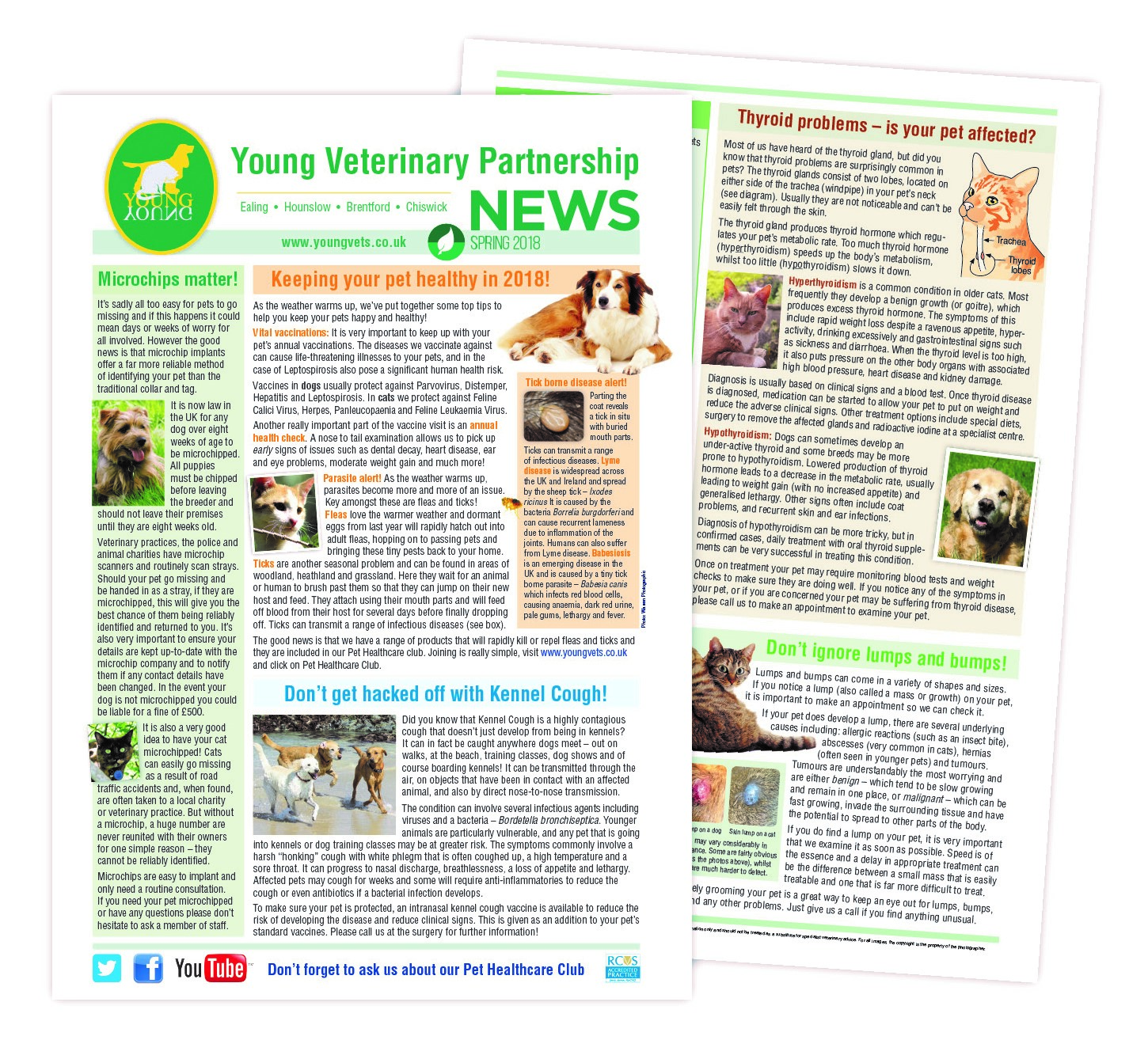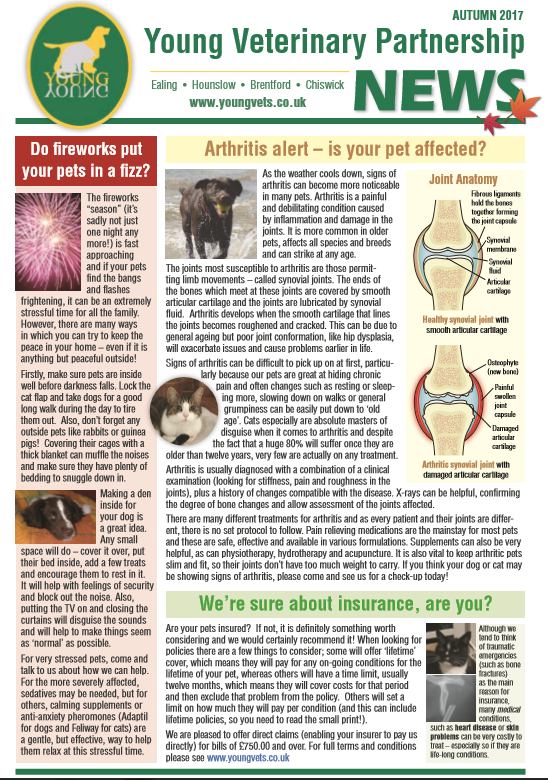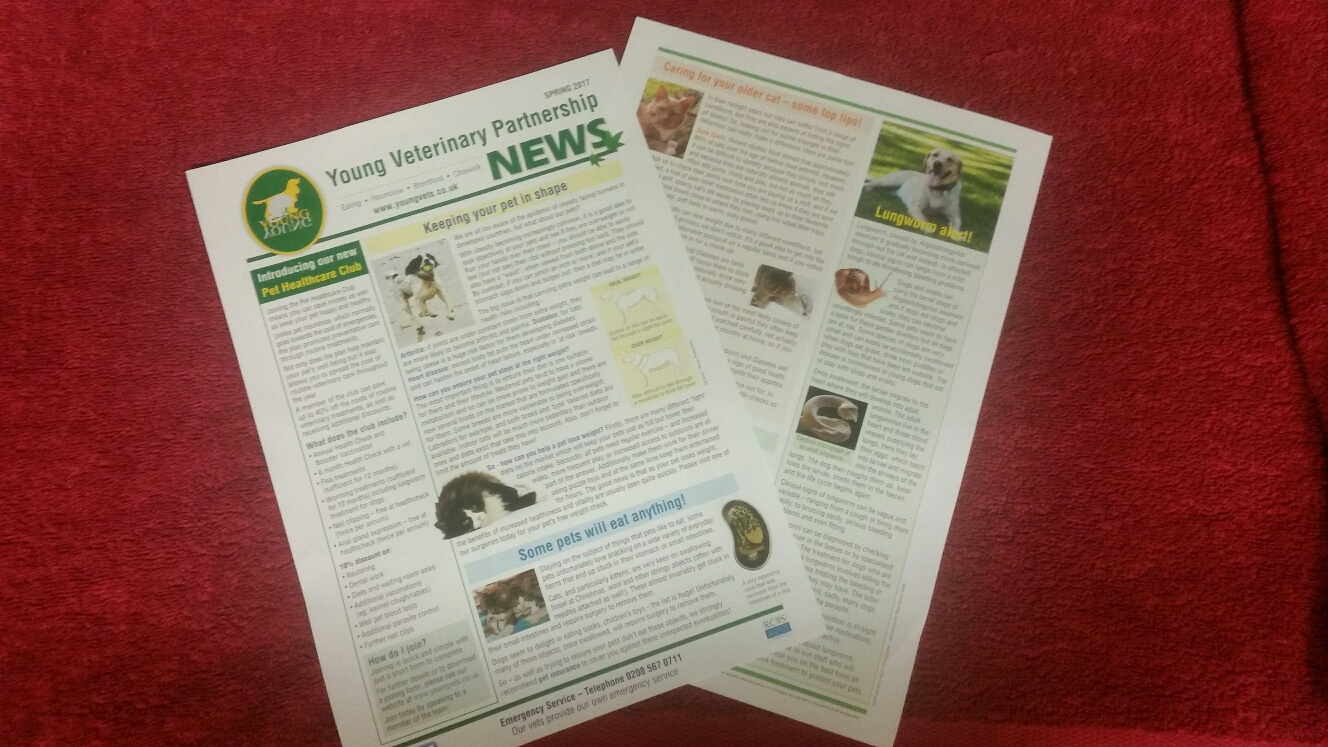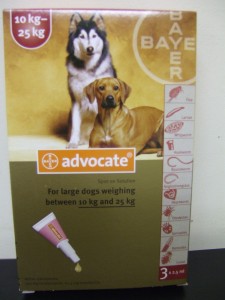Our Spring 2018 newsletter has arrived – its filled with advice on how to keep your pet happy and healthy in 2018. Read it here.
Below is a few snippets of what’s included in this seasons newsletter. Including some top tips to keep your pets happy and healthy in 2018.
Parasite alert!
As the weather warms up, parasites become more and more of an issue. The key amongst these are fleas and ticks! Fleas love the warm weather and eggs from last year will rapidly hatch out into adult fleas, hopping on to passing pets and hitching a ride into your home. This is why year round flea protection is so important. Don’t forget if you want to spread the cost of parasite protection join our pet healthcare club. To understand the other parasites that could be lurking read our newsletter here.
Kennel Cough – is your dog protected?
The condition can involve several infectious agents including viruses and a bacteria. Read our newsletter to understand why some dogs are more vulnerable than others. Also explained are the common symptoms to look out for in your dog. To reduce the risk of your dog developing the disease contact our surgery to arrange your dogs kennel cough intranasal vaccine.
Thyroid problems – are surprisingly common in pets.
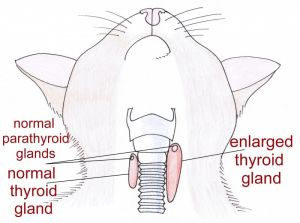
The Thyroid glands consist of two lobes, located either side of your pets wind pipe. Two conditions which can effect the glands are Hyperthyroidism and Hypothyroidism – to understand they difference and learn the signs to watch out for in your pet, read our newsletter here.
What should you feed your Guinea Pig?
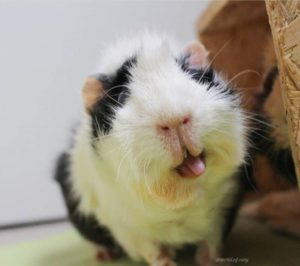
Guinea Pigs are sociable animals and should be kept in pairs or groups. Our Newsletter will help you decide where is best to put your hutch and run. Owners should also provide branches for gnawing on, this is really important to keep dental disease at bay. Understand more about a guinea pigs diet here.

